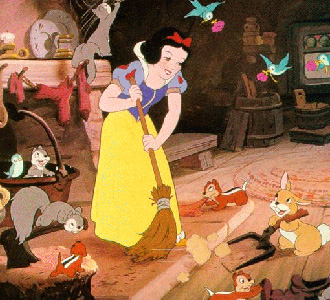 Occasionally I hear people say, “I can’t help it. I just feel that way.”
Occasionally I hear people say, “I can’t help it. I just feel that way.”
It turns out, we have more control over our emotions than we realize, particularly over time. As we learn to use our minds and bodies to control and direct our emotions, we gain peace of mind, calm purpose, and we achieve flow. As we flex, train, and exercise our “mental muscles,” they grow stronger. Just as one trip to the gym does not get you ripped, so it is that developing our mental muscles takes time and commitment. But the payoff is incredible.
Examples of how use of your body can impact your emotions (From Psychology Today, May/June 2009):
– Nodding your head “yes” while listening to a speaker or viewing art increases your enjoyment. Shaking your head “no” distances you. “We implicitly associate certain actions with the judgments that tend to produce them.”
– Holding a pencil horizontally between your teeth in a forced grin “increases the perceived funniness of whatever you look at.”
– Which comes first, tears or sorrow? “According to research, placing fake tears under eyes actually increases feelings of sorrow.”
– Literally taking a “few steps backward” has the same mental effect, distances you from the situation emotionally, and “enchances attention, inhibition and analytical reasoning.”
– Flipping the bird aggravates and increases your feelings of hostility: “Students who were asked to hold out their middle fingers while reading a story about a guy rated him as more hostile than those who held out their index fingers.”
Over time, little differences add up to major differences in outcomes and life satisfaction. Your life awaits you.
Closing Quotes:
“Human beings, by changing the inner attitudes of their minds, can change the outer aspects of their lives.” — William James (1842–1910), psychologist/philosopher
“I am convinced that life is 10% what happens to me and 90% how I react to it. And so it is with you …we are in charge of our attitudes.” – Charles R. Swindoll, pastor, author, educator
“Our attitude toward life determines life’s attitude towards us.” – Earl Nightingale (1921–1989), American motivational speaker and author. Known as the Dean of Personal Development, he was the voice in the early 1950s of Sky King, the hero of a radio adventure series and author of the “Strangest Secret,“ called “…one of the great motivational books of all time.“
“There is little difference in people, but that little difference makes a big difference. That little difference is attitude. The big difference is whether it is positive or negative.” – Robert Collier (1885–1950), author. His book, “The Secret of the Ages,” sold more than 300,000 copies during his lifetime. After overcoming an illness, he became fascinated with the power of the mind and how to use it to create success in every area. Collier wrote about the practical psychology of abundance, desire, faith, visualization, confident action, and becoming your best. His books have recently come back to prominence after being referenced in the popular metaphysical book and movie, ”The Secret.” Collier was the nephew of Peter Fenelon Collier, founder of Collier’s Weekly.

